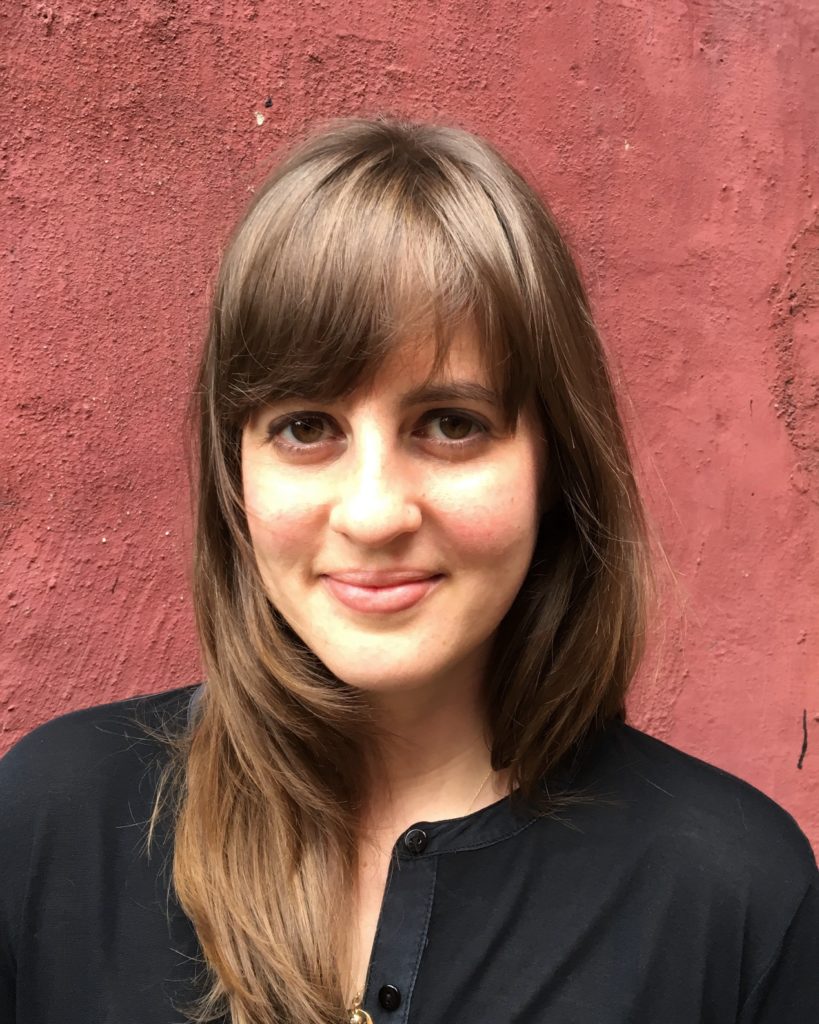
What is your current field of research?
While my PhD was in anthropology and education, my research is interdisciplinary, drawing insight from critical development studies; refugee and forced migration studies; and gender, feminist and women’s studies. Broadly speaking, l am interested in the contestations that occur around gender, sexuality, and sex education in spaces characterized by high poverty (often produced by colonialism and sustained by inequitable global relations) and by high levels of international intervention. By paying attention to schooling’s role in reproducing or transforming gender roles/sex norms, I think critically about power dynamics in development itself, and between differently situated actors and institutions from families and communities to international funders.
My research has mostly taken place in Dadaab, Kenya and Southern Malawi. Lately, however, I’ve been most interested in how development ‘problems’ get named, and therefore, in the politics of knowledge production on a more global scale.
What inspired you to specialize in this line of research?
When I was an undergraduate student in Lewiston, Maine, approximately 3500 Somali refugees resettled in what had until that point been a largely homogenous (White/Christian), post-industrial town. As folks in many institutions, including schools, worked to rethink programming to better reflect and serve a more diverse population, the mayor at the time wrote a deeply troubling and racist note to the greater Somali community asking them to stop moving there, because the city had become, in his words, “overwhelmed.” Lewiston, at that point largely unknown, became the center of a national firestorm about immigration, white supremacy, and what it might mean to meaningfully make real the stated ideals of a pluralistic, democratic society.
I became interested in the central role that schooling played in these contestations and how different actors, including newcomers, made sense of its purposes. Eventually, I had the opportunity to explore the role of schooling for refugee women who ended up in Maine across diasporic journeys, including in the Dadaab Refugee camps on the Kenya/Somalia border. In Dadaab, I became immediately struck by the profound power differentials within and across the humanitarian industry, in the heated negotations around the relationship between schooling and gendered cultural change, and in the politics of representation.
What do you consider to be your biggest research accomplishment so far?
I am proud to have co-authored widely with collaborators from Kenya, Malawi, the US, and Canada. Since 2013, I have co-authored with nine different people, each of whom I enjoyed getting to think with. Most recently I’m excited about a piece in Forced Migration Review that I wrote with York MEd graduates Mark Okello Oyat, HaEun Kim, and Sahra Mohamed Ismail about the possibilities for and barriers to meaningfully collaborative research in Dadaab.
I am also excited to be the Co-Chair of the Gender Justice SIG at the Comparative and International Education Society (CIES). We’d love for you to join us!
